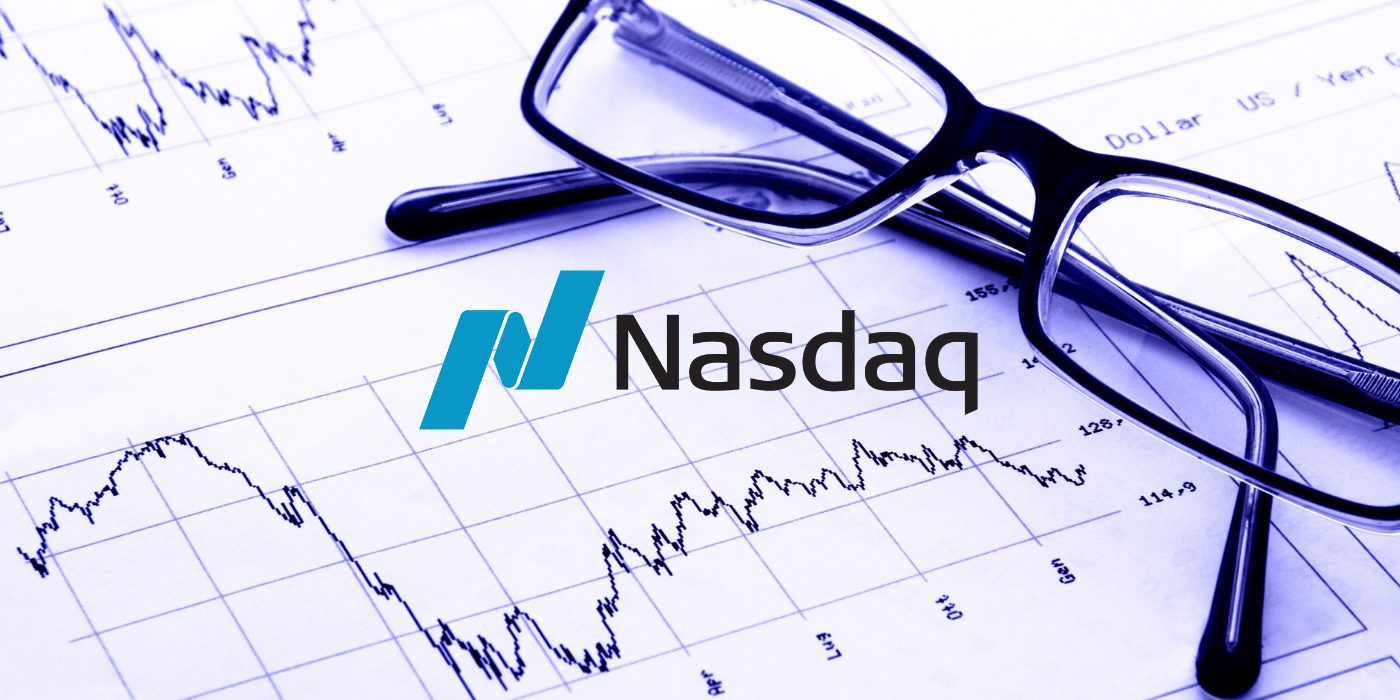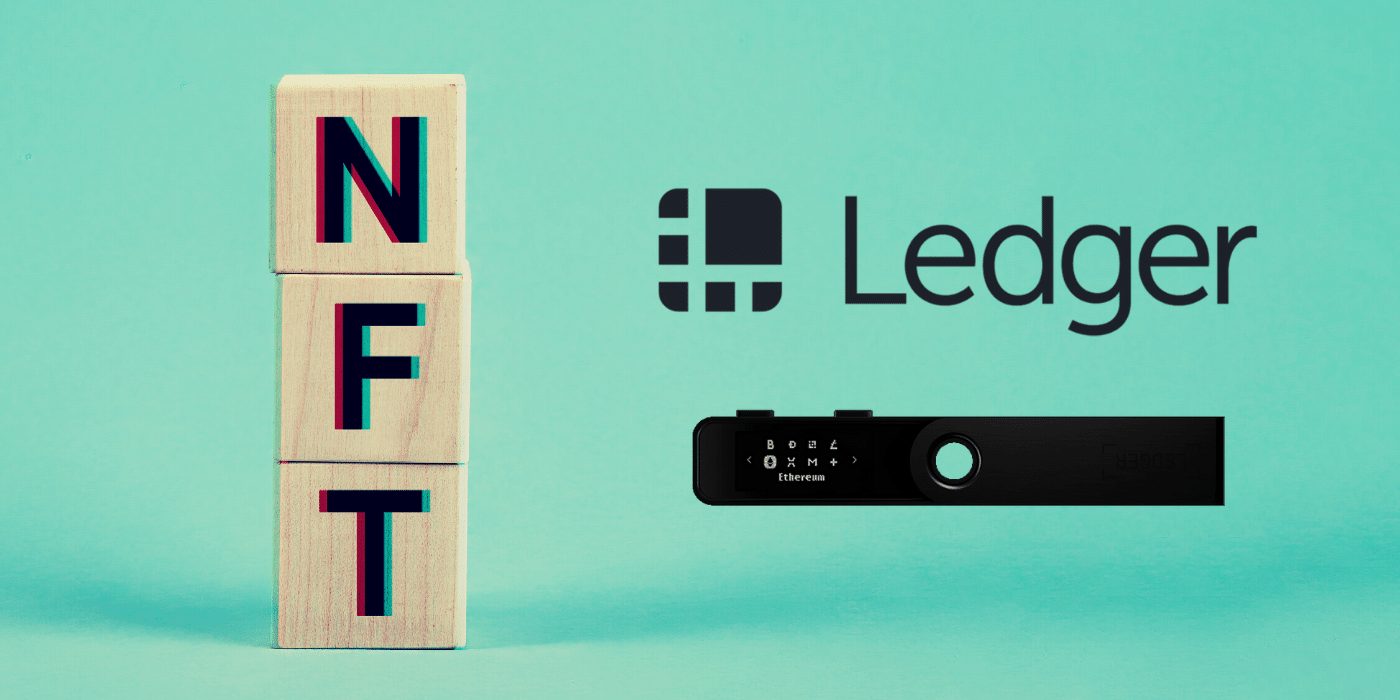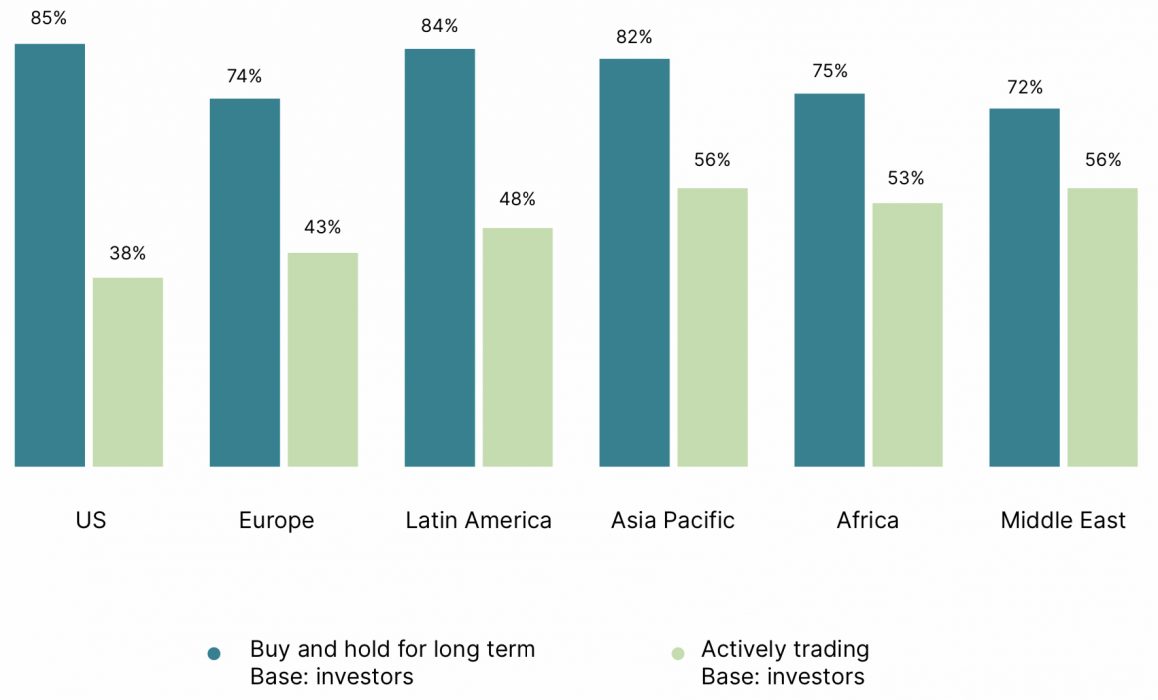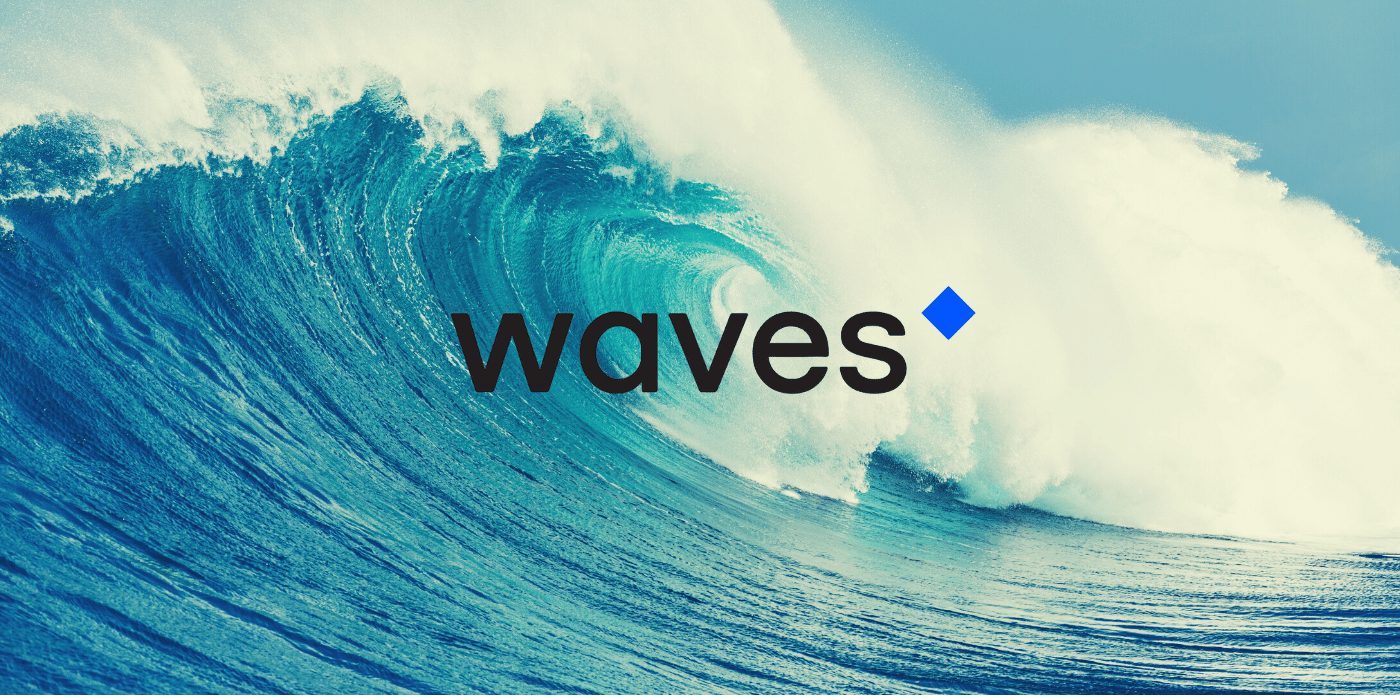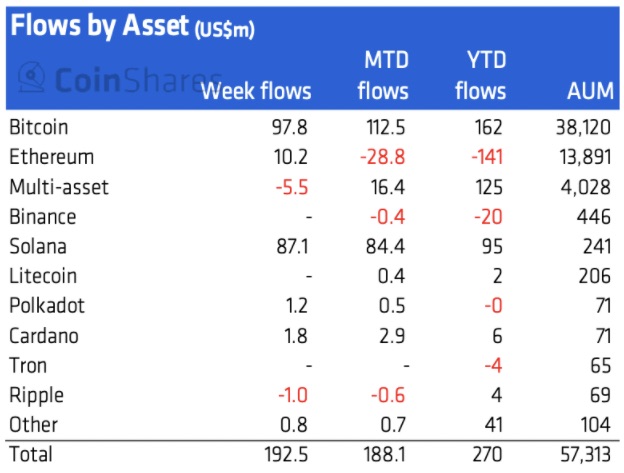A survey of financial advisers commissioned by Nasdaq has found that 72 percent would be more likely to invest client assets in crypto if a spot ETF product were available in the US.
The survey was conducted throughout March 2022 and involved 500 US-based financial advisers who are currently, or are considering, allocating assets to crypto.
What Is a Crypto Spot ETF?
A crypto spot ETF is an exchange-traded fund (ETF) that allows an investor to gain exposure to crypto without actually having to own any digital assets. Unlike a futures ETF, a spot ETF is backed by the actual commodity, in this case digital assets, rather than by the value of the futures contracts tied to the commodity, which may diverge significantly from the actual asset price.
The advantages of investing in a crypto ETF over owning crypto directly are primarily:
- exposure to crypto through a regulated product offering higher levels of consumer protection;
- easier access for non-technical investors; and
- no need to store crypto or deal with private keys, etc.
Crypto-based spot ETFs have so far not been approved by US authorities due to regulatory concerns, mostly around consumer protections and the risk of market manipulation.
Advisers Excited, But Most Expect To Wait
Although most of the financial advisers surveyed were excited about the prospect of a crypto-based spot ETF product, most aren’t holding their breath with only 38 percent considering it likely such a product will launch in 2022.
However, the lack of spot ETF products doesn’t mean financial advisers aren’t finding other ways to help their clients invest in crypto. According to Jake Rapaport, head of Digital Asset Index Research at Nasdaq, advisers are making do right now, but he expects investment products such as spot ETFs to become necessary soon to keep up with client demand:
The vast majority of advisers we surveyed either plan to begin allocating to crypto or increase their existing allocation to crypto. As demand continues to surge, advisers will be looking for an institutional solution to the crypto question that now dominates client conversations.
Jake Rapaport, head of Digital Asset Index Research, Nasdaq
Of the advisers surveyed, 50 percent reported they’re already using Bitcoin futures ETFs and 86 percent expected to increase their crypto allocations in the next 12 months.
This survey is just the latest to show that institutional investors are clamouring for crypto-based ETFs. Another survey released last September found 84 percent of institutional investors throughout Europe, US and Asia wanted to see more crypto ETFs, and a survey released earlier this month found almost nine out of 10 Australian financial advisers reported being asked about investing in crypto by clients.

